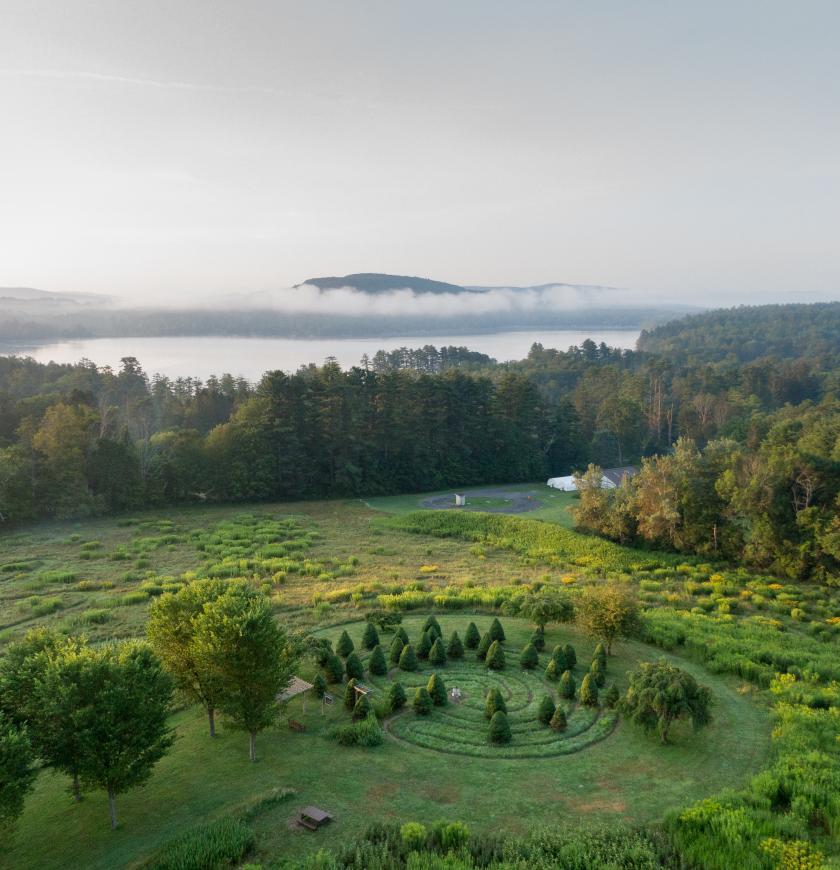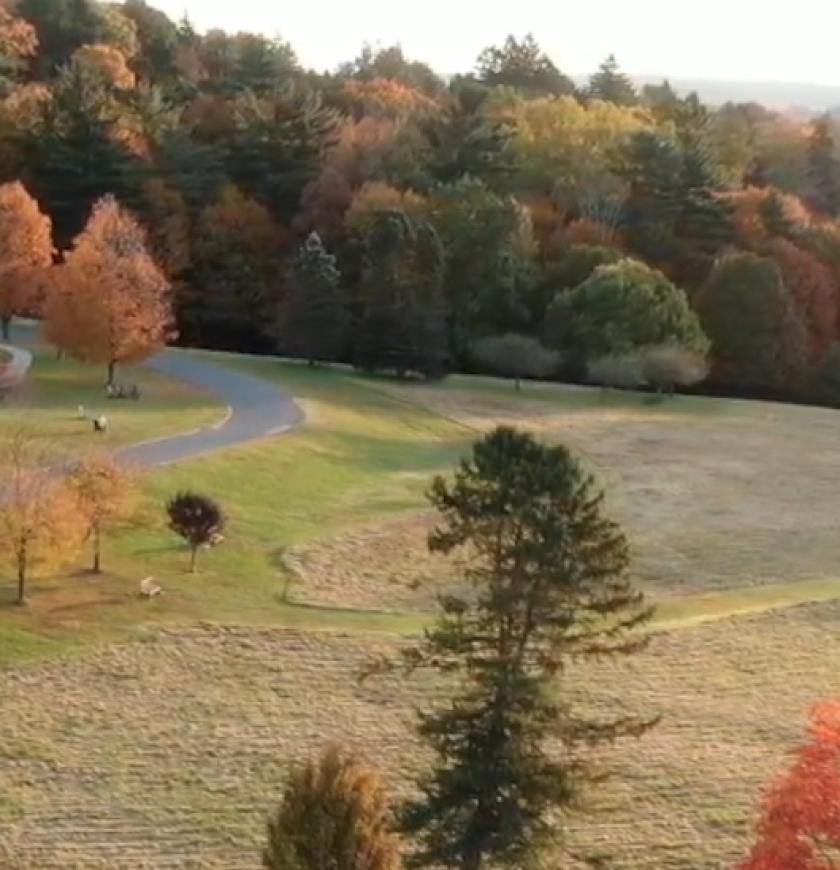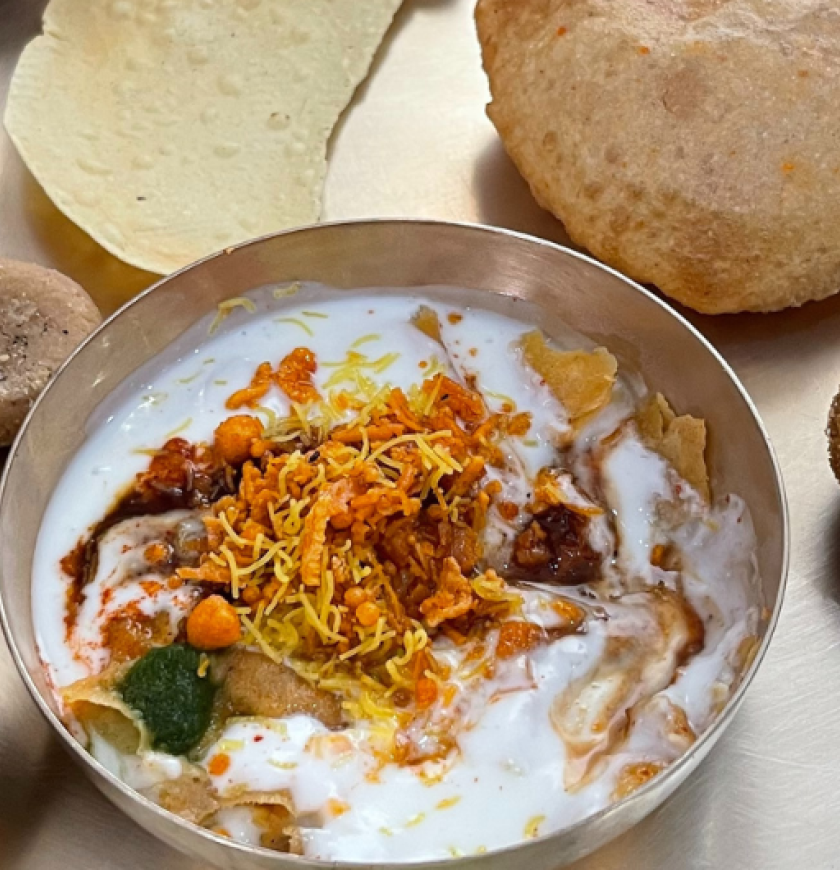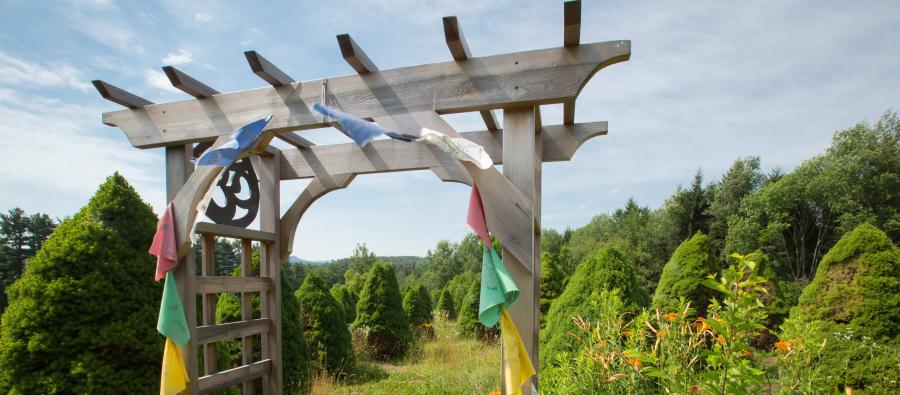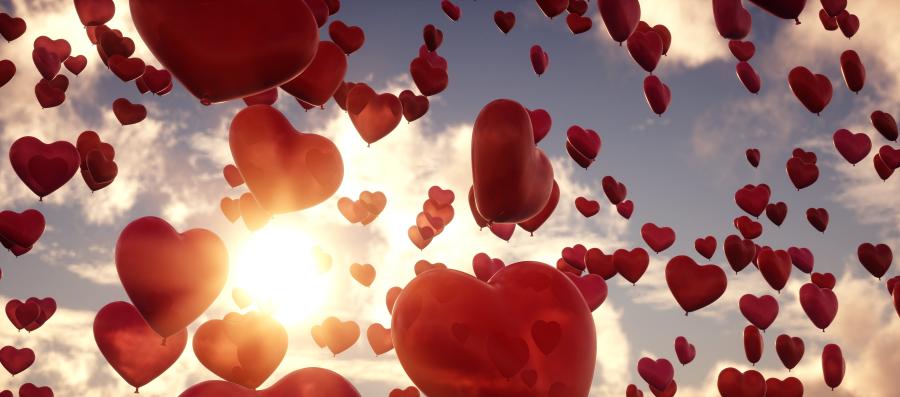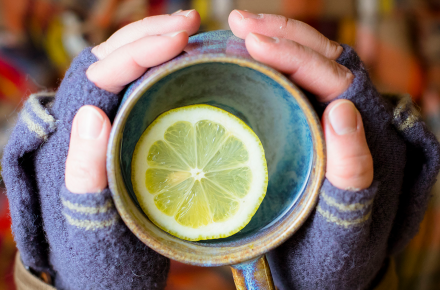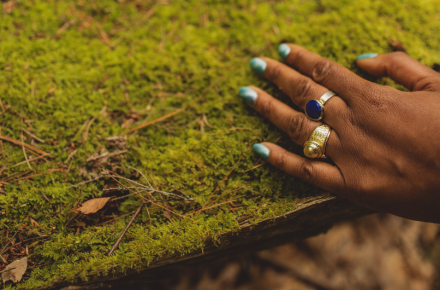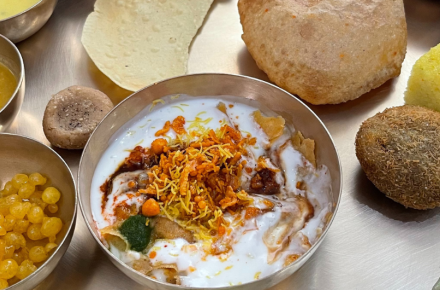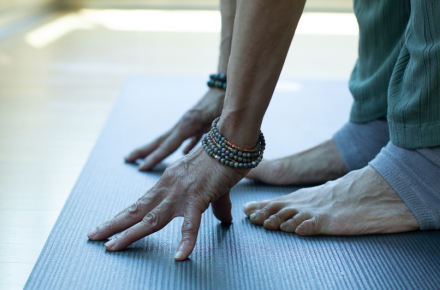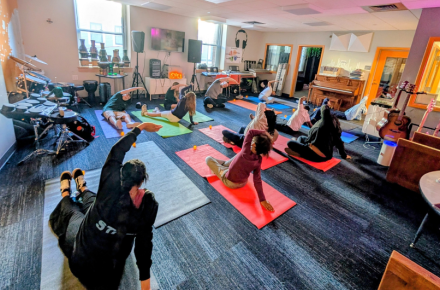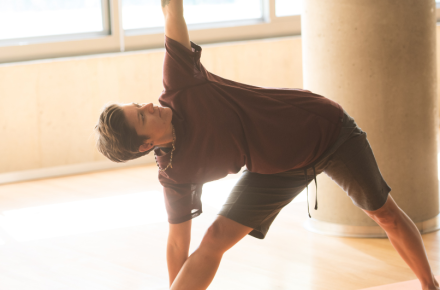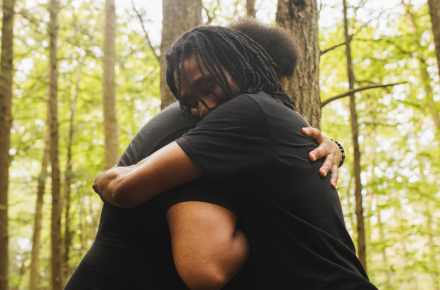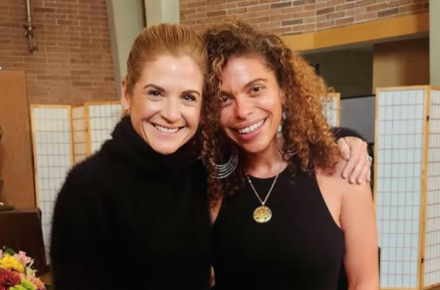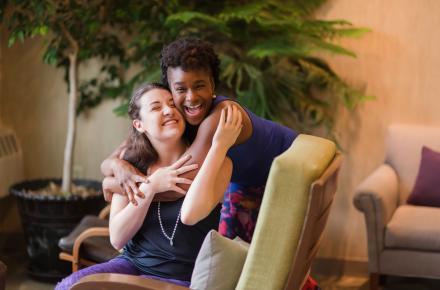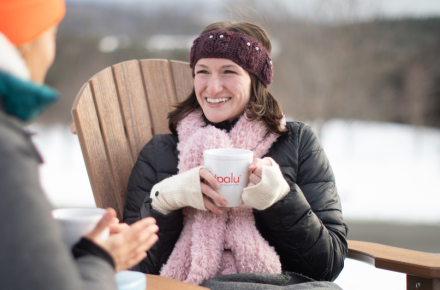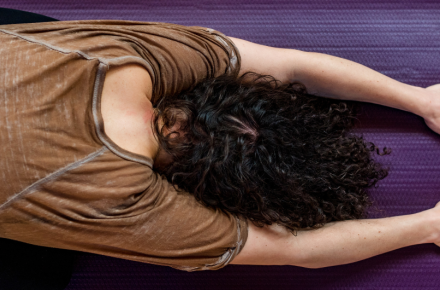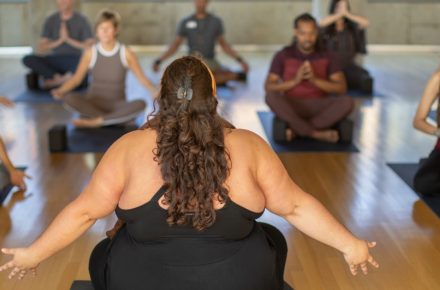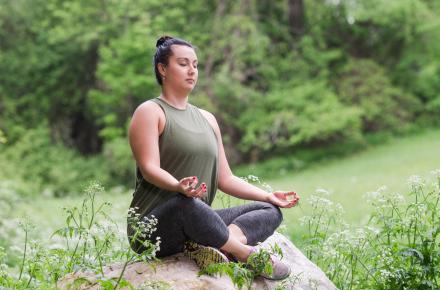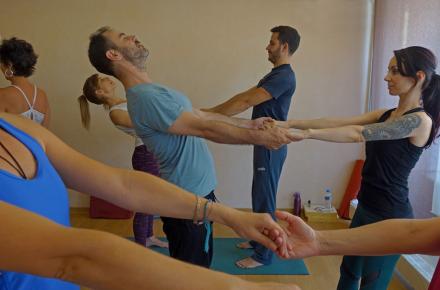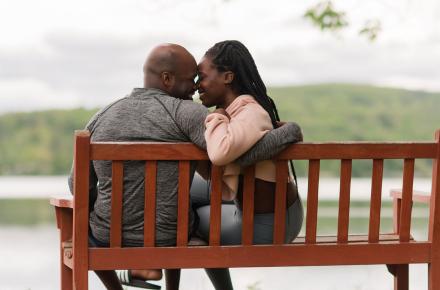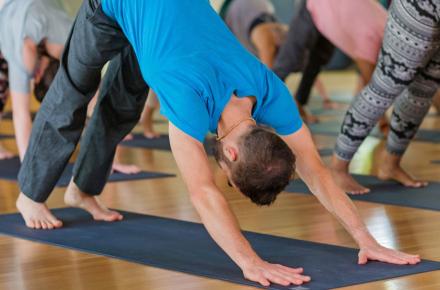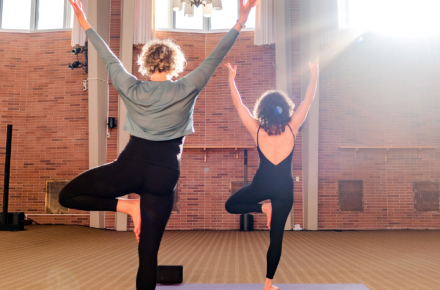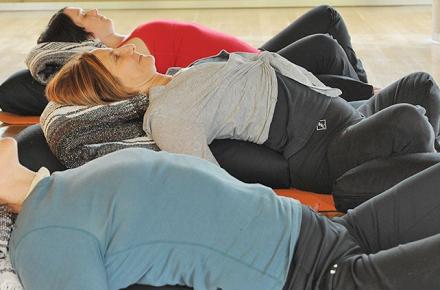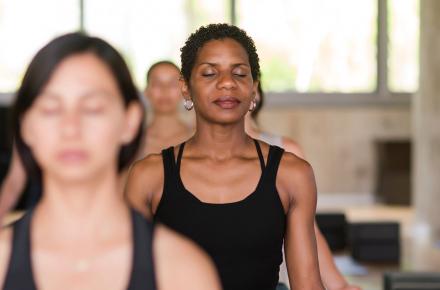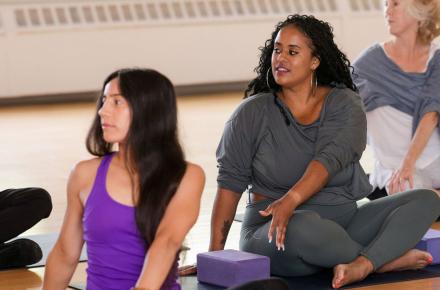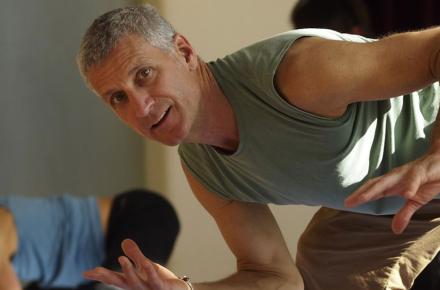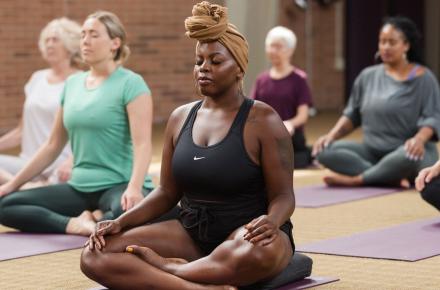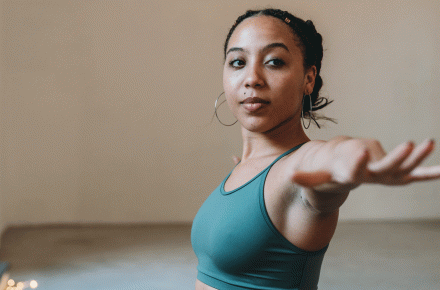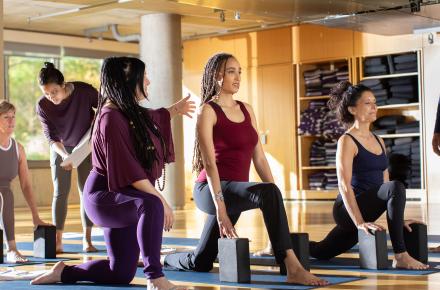Grief, Darkness, Light

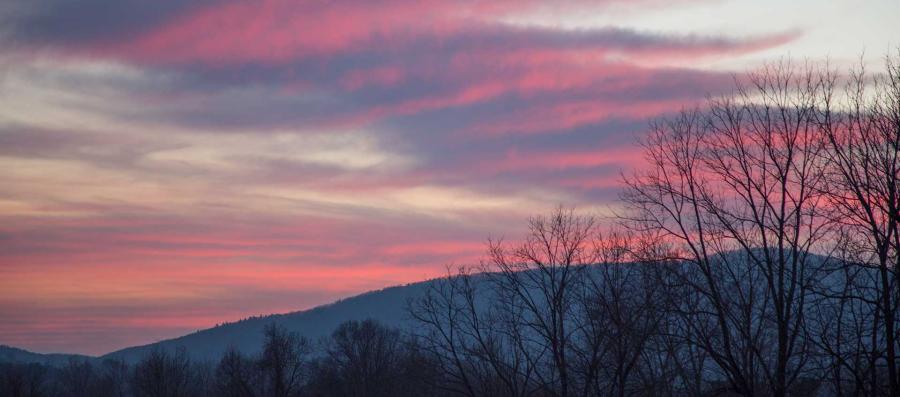
April 8, 2020
As my daughter hauled laundry from her room, and I shifted the towels to the dryer—noting that my partner’s daughters had piles ready to go as well, and my partner, too, but his laundry has been held hostage by the cat (who refuses to go downstairs now because my daughter’s golden doodle is social distancing with us and she (the doodle) owns the bottom floor while the cat hibernates on the top in said laundry basket)—I fell apart, inside myself, where the darkest of things has always lain.
If someone had asked, I might have been able to reflect that it was no one thing but the assault of it all: the relentless meals with college kids home; the guilt of having a home to house them while others worry about rent or even a structure to rest within; the press of reconstructing my own business, now having fallen apart like a cheap polyester skirt; the luck of having a partner to share that strain with; friends facing job loss, illness, and death of loved ones; and the real fear that my mom is alone and at risk, 2,000 miles away, doing her own laundry, making her own meals, watching the post-WWII, post-Korea, post-Vietnam, post-9/11 world blow up yet again.
It was, and it is, all of that. A grief both familiar and new. One triggered by the daily death count as much as by the sight of the olive oil stain on my sweater. I am thin-skinned and wired for tears these days, and even as I practice all that I know to practice, even as I pray, meditate, walk, and stay as connected as the lovely folks at Zoom allow, I am more than sad, I am sorrowful—from the Old English sorg, meaning grief, regret, pain, but also from the Old Irish serg, implying sickness, illness, ill-being. In frequent moments, I am sorrowfully not well and I imagine you might not be, either.
And this week, many of us will experience another layer of sorrow—the loss of the Seders and Easter dinners and Ramadan evening meals that won’t be as they have been for decades, even centuries. The Boston Marathon has been postponed for the first time in 124 years; the Olympics pushed forward a year. The markers of our days have been upended and tossed aside.
The Weight of Anticipatory Grief
In an interview in the Harvard Business Review recently, grief expert and Kripalu presenter David Kessler spoke of how we are captured now by grief for what has been, as well as an anticipatory grief—imagining futures that bring to mind vague, enormous sufferings. “Anticipatory grief is that feeling we get about what the future holds when we’re uncertain,” he reflects. “Usually it centers on death. We feel it when someone gets a dire diagnosis or when we have the normal thought that we’ll lose a parent someday. Anticipatory grief is also more broadly imagined futures.”
This grief shows up differently in us—for some, an anxious pressure; for others, anger, overwhelm, or confusion. For myself, easy tears and a heaviness of spirit. Our souls are burdened and our minds dense with an ever-present suffering that has no singular point of emergence. It is literally in the air.
What does one do? Where might relief lie?
Acceptance is the first step, says David. Wise guides in the yoga tradition, as well as the fields of positive psychology and mindbody medicine, concur.
We must feel what we feel, giving ourselves permission to be present to COVID-19 and its impact, knowing that we do best when we allow those feelings to rise and fall. No emotion remains fixed if it is fully expressed. Emotions without blockage flow; as one rises and then recedes, others have space to emerge: tenderness, gratitude, compassion, perhaps even a temporary peacefulness.
Within each of us, too, is the capacity to bring our better minds to the moment. Even as I am sad, I can use my mind to gather reminders from the past—knowledge of what has worked to soothe, inspire, or strengthen me. During the time of my father’s passing, I found comfort in the poets. In this moment, the counsel of others continues to help; I see them as lights lining the inner paths of my being.
Do Not Fight the Dark, Just Turn on the Light
From Rainer Maria Rilke: “May what I do, flow from me like a river.” An invitation to finding our own true way through, to that gorgeous confluence where the deep meanings of our lives become how we actually show up in life.
From Mary Oliver: “I want to say all my life I was a bride married to amazement. I was the bridegroom, taking the world into my arms.” Could I, could we even now, remain open to amazement and a generous gathering of the world in our hearts? In New Jersey, a boy knits bow ties for shelter pets, so they may be adopted more easily. In towns everywhere, treasure hunts, Easter egg hunts, and nightly sing-alongs erupt as fountains of kindness. Might we hold them in awareness, too?
From Swami Kripalu: “Do not fight the dark, just turn on the light. Let go and breathe in the goodness that you are.” As we stop pretending that all is well inside, and give ourselves permission to experience the darkness within, we can light, too, the reservoirs of strength and decency that lift us back into our days, and prepare ourselves to face one more moment of laundry and cleanse one more soul of fear.
And that perhaps, is the wisest consideration we may hold: There will be no “perfect” during this time—we can do what we can do. To expect constant productivity or contribution, or even patience with meals and work and laundry, would be to hold a toxic belief. Now is the time for small steps forward. Now is the time for gentle compassion, riding the waves of what we feel and returning to the shores of our better selves—moment by moment, gesture by gesture. In a time of crisis, we cannot resolve it all or even anything fully in any one moment. We can, however, clean the room we are in, take on the task in front of us, light small lights, and with each step return to both our deepest suffering and our largest humanity.

